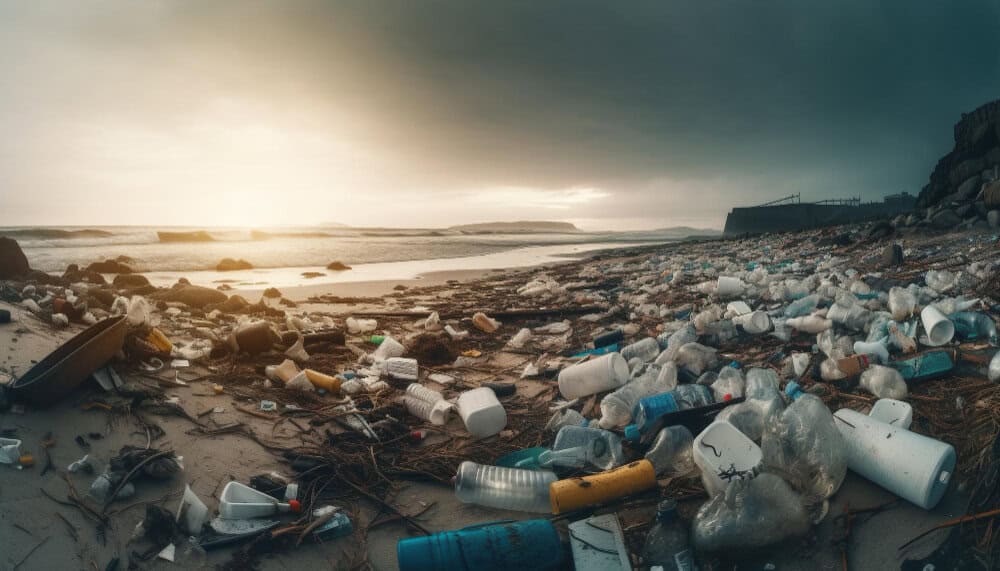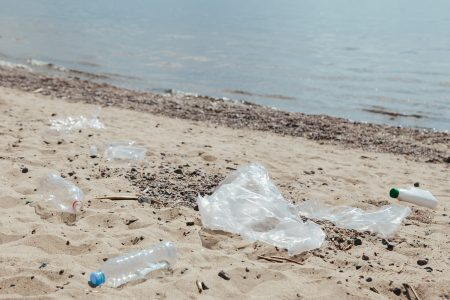
Pollution control industries play a crucial role in mitigating the adverse effects of industrialization on the environment. As global awareness of environmental issues grows, these industries are becoming more vital than ever. This article will explore the importance, methods, and innovations within pollution control industries, highlighting their contribution to a cleaner and more sustainable future.
The Importance of Pollution Control Industries
Pollution control industries are essential for several reasons:
- Environmental Protection: These industries help reduce harmful emissions and waste, protecting ecosystems and biodiversity.
- Public Health: By controlling pollution, they help prevent health problems caused by pollutants, such as respiratory diseases and cancers.
- Regulatory Compliance: They assist businesses in adhering to environmental regulations, avoiding fines and legal repercussions.
- Sustainable Development: Pollution control supports sustainable practices, ensuring that economic growth does not come at the expense of the environment.
Key Methods in Pollution Control
Pollution control industries employ a variety of methods to tackle different types of pollution. Here are some of the most common:
Air Pollution Control
Air pollution control technologies aim to reduce emissions of harmful gases and particulates. Common methods include:
- Scrubbers: These devices remove pollutants from exhaust streams by using a liquid to wash unwanted particles and gases out of the air.
- Electrostatic Precipitators: These use electrical charges to remove fine particulate matter from exhaust gases.
- Catalytic Converters: Widely used in vehicles, these devices convert harmful pollutants in exhaust gases into less harmful substances.
- Baghouse Filters: These fabric filters capture dust and other particulates from industrial emissions.
Water Pollution Control
Controlling water pollution is critical for protecting aquatic ecosystems and human health. Techniques include:
- Wastewater Treatment Plants: These facilities treat industrial and municipal wastewater, removing contaminants before the water is released back into the environment.
- Oil-Water Separators: Used to remove oil and other hydrocarbons from wastewater.
- Activated Sludge Systems: These use microorganisms to break down organic pollutants in wastewater.
- Membrane Filtration: Techniques like reverse osmosis and ultrafiltration are used to remove dissolved pollutants from water.
Soil Pollution Control
Soil pollution control involves remediating contaminated land to make it safe for use. Common methods are:
- Bioremediation: The use of microorganisms to break down pollutants in the soil.
- Soil Washing: A process that uses water (sometimes with chemical additives) to remove contaminants from soil.
- Thermal Desorption: This method uses heat to vaporize contaminants, which are then collected and treated.
Innovations in Pollution Control Industries
The pollution control industry is continually evolving, driven by advancements in technology and increasing environmental regulations. Some notable innovations include:
Advanced Monitoring and Analytics
- Internet of Things (IoT): IoT devices and sensors provide real-time monitoring of pollutants, allowing for immediate response to contamination issues.
- Big Data and AI: These technologies analyze large datasets to predict pollution trends and optimize control strategies.
Green Chemistry
Green chemistry focuses on designing chemical products and processes that reduce or eliminate the use and generation of hazardous substances. This approach leads to less pollution and safer industrial practices.
Carbon Capture and Storage (CCS)
CCS technology captures carbon dioxide emissions from industrial processes and stores them underground, preventing them from entering the atmosphere. This method is crucial for reducing greenhouse gas emissions from heavy industries.
Renewable Energy Integration
Integrating renewable energy sources, such as solar and wind power, into industrial processes reduces reliance on fossil fuels and decreases overall pollution.
The Role of Legislation and Policy
Government regulations play a significant role in driving the adoption of pollution control technologies. Key policies include:
- The Clean Air Act: This U.S. law regulates air emissions from stationary and mobile sources, setting standards to protect public health and the environment.
- The Clean Water Act: Another U.S. law that establishes the basic structure for regulating discharges of pollutants into waters and quality standards for surface waters.
- The European Union’s Industrial Emissions Directive: This directive aims to reduce harmful industrial emissions across the EU through permits and standards.
- International Agreements: Treaties like the Paris Agreement encourage countries to reduce their carbon emissions and invest in clean technologies.
Challenges and Opportunities
While pollution control industries have made significant strides, they face ongoing challenges:
Economic Constraints
Implementing pollution control technologies can be expensive, particularly for small and medium-sized enterprises. However, the long-term benefits often outweigh the initial costs, leading to savings in health care, environmental restoration, and regulatory compliance.
Technological Barriers
Developing effective and affordable pollution control technologies requires significant research and development. Collaboration between governments, academia, and industry is essential to overcome these barriers.
Global Disparities
Pollution control measures vary widely between countries, often depending on economic development and regulatory frameworks. International cooperation and support are crucial for ensuring that all nations can adopt effective pollution control measures.
Future Trends
The future of pollution control industries is promising, with several trends likely to shape its evolution:
- Increased Automation: Automation and robotics will enhance the efficiency and precision of pollution control measures.
- Enhanced Public Awareness: Growing public concern about environmental issues will drive demand for cleaner industrial practices.
- Stronger Regulations: Governments worldwide are likely to implement stricter environmental regulations, pushing industries to adopt advanced pollution control technologies.
- Sustainable Manufacturing: The shift towards sustainable manufacturing processes will reduce pollution at the source, minimizing the need for end-of-pipe solutions.
Conclusion
Pollution control industries are at the forefront of the battle against environmental degradation. By employing advanced technologies and innovative methods, these industries help protect the planet and public health. As global awareness and regulatory pressures increase, pollution control industries will continue to evolve, leading the way to a cleaner, more sustainable future.
Their role is indispensable in achieving the balance between industrial growth and environmental preservation. By supporting and investing in these industries, we can ensure a healthier world for future generations.



